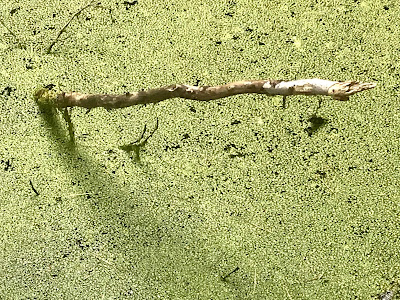by Maggid David Arfa
Averot - Transgressions committed under duress, with the awareness that the act is a transgression. Distinguished from those transgressions committed without awareness (chayt) or those committed in willful rebellion (p’sha’eem). --Reb Zalman Schachter-Shalomi
Moral Injury- In the complex social arenas of daily living, we make constant trade-offs between what we think is best and what we actually do. The gap that arises in this territory is a form of moral injury that over time can coagulate into hardening of our moral arteries, so to speak, and diminish vital and robust living. --Larry Kent Graham
I want to speak about sin. Not the finger-wagging, chest-pounding, moralizing, holier-than-thou approach to sin that so often sounds like a harsh “bad dog!” rebuke. Nor the progressive counter approach that dodges shame altogether by teaching that sin is merely ‘missing the mark’; an oopsy-daisy moment where we gently rub our hearts and lull ourselves into believing that next year we will do better.
We have developed a whole new category of sins, sins against the Earth. I’d like to explore why they fall flat for me. They often sound like this: “For the sin of not buying local food when in season; for the sin of unnecessary travel; for the sin of using disposable products; for the sin of too much screen time (except for the really good shows)...Please forgive us”. Sound familiar?
While personal responsibility is critically important, it is also woefully inadequate for the existential crisis we are facing. How do we remember that just as there is structural racism where laws and policies perpetuate white supremacy, so too there is also structural environmental degradation where our fixation on individual rights, private property and growth at all costs perpetuates the damage. These structural ‘sins’ inflict pain and anguish on us all.
In addition, alert citizens also feel the pain of living in a world where the world’s scientists are ignored; where there is brazen, fantasy-inspired economic growth, where our political leaders spew vitriol and sow hatred for their political and financial gain. Where our ordinary shopping and travel choices carry high impacts and remind us that we also are perpetrators. Just as alert white people grapple with the painful guilt that white privilege brings, so too we all grapple with the pain and guilt our resource privilege brings. The mid-century conservationist, Aldo Leopold, named this when he said, “The price of an ecological education is to live in a world filled with wounds”. How do we address these soul injuries, these moral wounds?
This is the atonement, ‘at-one-ment’, I seek to address. I find this wounding can erode my hope, my action and spiral me into paralysis. My hopelessness can infect me and those around me. I’m wondering how Teshuvah might support us back into wholeness with renewed resilience and a strengthened moral center. Ready us to tackle the challenges of the day with renewed zeal, zest and fortitude. After all, our birthright as children of the prophets is to strive for not only moral courage (dayenu!) but moral grandeur and spiritual audacity! Praying for forgiveness for 50 simple sins won’t save the earth or ourselves. Saying ‘I’ll try harder next year’, while important for raising awareness, just doesn’t cut it.
What ancient guidance might be available for us to address the hidden pain of moral wounding? Reb Zalman reminds us of the flavor and nuance found in the Hebrew word ‘Avera’. The small English word sin is a pale echo. ‘Avera’ means to transgress under duress (literally to cross over and has the same root letters as our name, Hebrews). Here seems to be a door opening. Traditionally, this referred to breaking mitzvot under forced conversion or enslavement Today, foundational values like reverence for fresh water and air, conserving biodiversity, welcoming the stranger, care for public health, and basic kindness are transgressed against our will. The impact, like poison, seeps into my soul, my being, and my hopelessness deepens.
We know the remedy for an Avera. Teshuvah! We acknowledge what we are seeing and feeling and confess. We make the time and space to express fully our pain, anguish, remorse, guilt, grief and anger; wherever they lead. Sharing with people who can listen without judging helps us overcome our despair driven lethargy and begin anew. Repeat as necessary.
The Rabbis encourage us to trust that sharing openly is healing. That afterwards we will remember our interconnectedness with each other and the Web of Life; the Source of Being. In this way, our moral centers become openly engaged and strengthened, our resilience deepens and new found fortitude helps us forge the road ahead. This is the Teshuvah I seek.
� From p29- Yom Kippur Kattan and the Cycles of Teshuvah, Aleph, 1999













